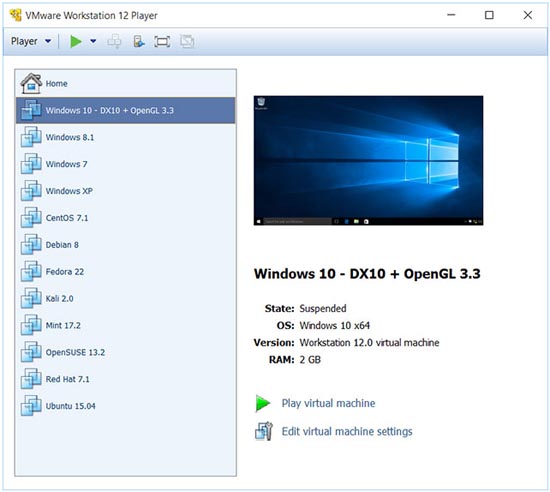

Each VM, in this case, is running in its own isolated space, without interfering with the processes in other VMs.

Hyper-V provides a virtualization platform on which you can build IT infrastructure of any level of complexity. Hyper-V is a type-1, native hypervisor designed by Microsoft, which allows creating and managing multiple virtualized versions of a computer, called virtual machines (VMs). This blogpost highlights the main Hyper-V vs VMware differences and helps you determine which platform is best for you. Currently, there are two major players who dominate the virtualization market – Hyper-V vs VMware. Essentially, hardware virtualization is made possible with the use of virtualization platforms, which help manage workloads in a virtual environment. Popularity of virtualization technology is attributable to the long list of benefits it provides, including flexibility, cost-efficiency, on-demand scalability, reliability, and portability.

Virtualization has long since become a significant part of modern-day businesses. By Jessie Reed Hyper-V vs VMware: Which One to Choose?


 0 kommentar(er)
0 kommentar(er)
